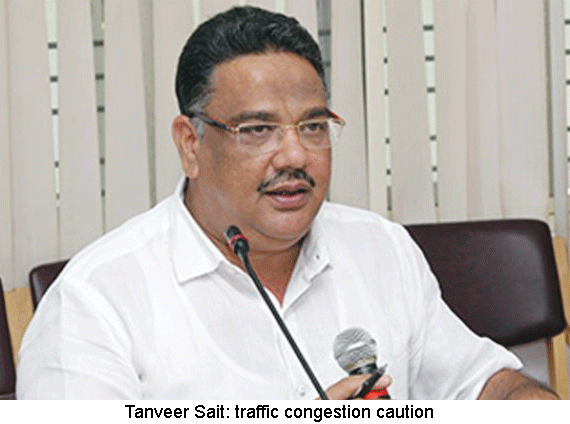 There’s a growing sense of uneasiness within the fast-expanding middle class population of the hi-tech city of Bangalore aka Bengaluru (pop. 11 million) — for whom sending their children to government schools is unthinkable — about the Congress state government’s casualness in clearing 602 pending applications from private education providers to promote new schools.
There’s a growing sense of uneasiness within the fast-expanding middle class population of the hi-tech city of Bangalore aka Bengaluru (pop. 11 million) — for whom sending their children to government schools is unthinkable — about the Congress state government’s casualness in clearing 602 pending applications from private education providers to promote new schools.
In a notification dated January 20, 2016 with an October 31 deadline last year (extended to January 31, 2017), the state government had invited applications from private trusts, societies and other education providers to establish greenfield primary-secondary schools in the city whose population has more than doubled from 5 million in 2000.
With queues before Bangalore’s 4,717 private schools in the admissions season (December-February) growing longer by the year, and tales of huge under-the-table capitation fees being demanded by managements of the garden city’s famous mid-price convent and missionary schools, the excellent response to the state government’s invitation to private education providers for promoting new schools was good news to the upwardly mobile middle class parents community, ready and willing to pay top dollar for globally benchmarked early childhood and K-12 education. Despite this excellent response the state government seems in no hurry to issue licenses for greenfield schools.
“Among the 602 applications that we have received, we will give priority to those seeking permission to expand existing schools by way of playgrounds, nursery sections or expansion of primary to secondary school education and from preschool to higher primary education,” says Ajay Seth, principal secretary (primary and secondary education) of the Karnataka government.
According to Tanveer Sait, the primary and secondary education minister, permitting 602 new schools in Bangalore and its suburbs would create traffic chaos in a city already with a national reputation for its appalling road traffic crawl and congestion. “Initially, we will permit expansion of capacity in the city’s 4,717 existing schools to enable them to become complaint with the norms of the Right of Children to Free and Compulsory Education (RTE) Act, 2009. Thereafter, by examining population density through our geographic information system and pinpointing educationally under-served areas of the city, we will permit new schools in specific locations taking care to maintain a distance of at least 1 km between all schools in Bangalore. We have also received 1,690 applications from private educators to promote new schools in cities and towns other than Bangalore. They will be given priority,” says Sait.
However the state government’s casual approach to clearing pending applications for new schools is attracting criticism. “The scramble for admissions into top-ranked schools in the southern, western and now northern corners of the city where the IT industry is booming, is intense. People living in these areas who fall into the high disposable income groups, are well-travelled and demand globally benchmarked schooling for their children. It is the responsibility of the state government to meet the education needs of citizens. It should therefore give permission to set up private schools with minimum infrastructure facilities in these zones at the earliest,” says D. Shashi Kumar, general secretary, Karnataka Associated Management of English Medium Schools (KAMS), which has a membership of over 1,700 private schools statewide.
The paradox of India’s hi-tech city is that its 1, 511 government schools have sufficient land and space to increase student intake. But the problem is that there’s a steady exodus of students from state and municipal schools distinguished by crumbling infrastructure, teacher absenteeism and plunging learning outcomes. But the idea of transferring them into charter schools managed by private education providers or NGOs is anathema to the professedly socialist state government.
Meanwhile admission queues at the gates of the garden city’s affordably priced private schools are growing longer year by year.
Odeal D’Souza (Bangalore)